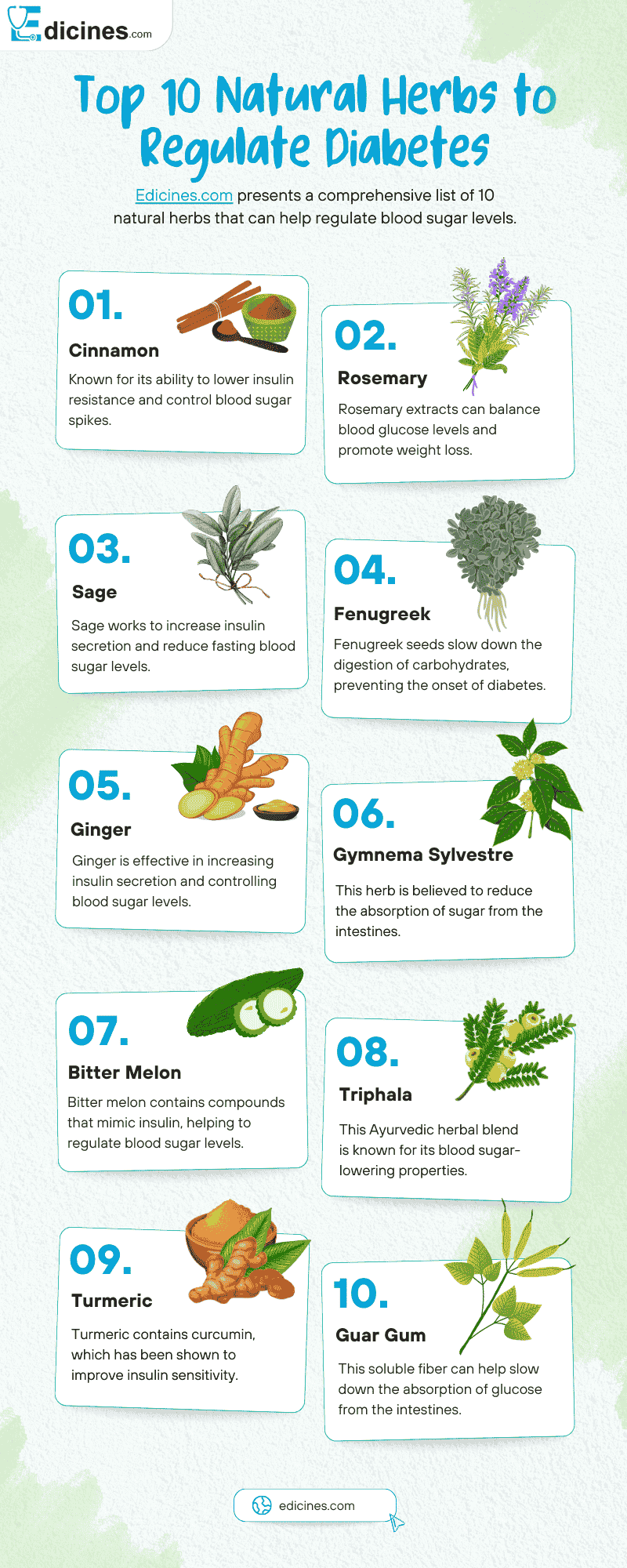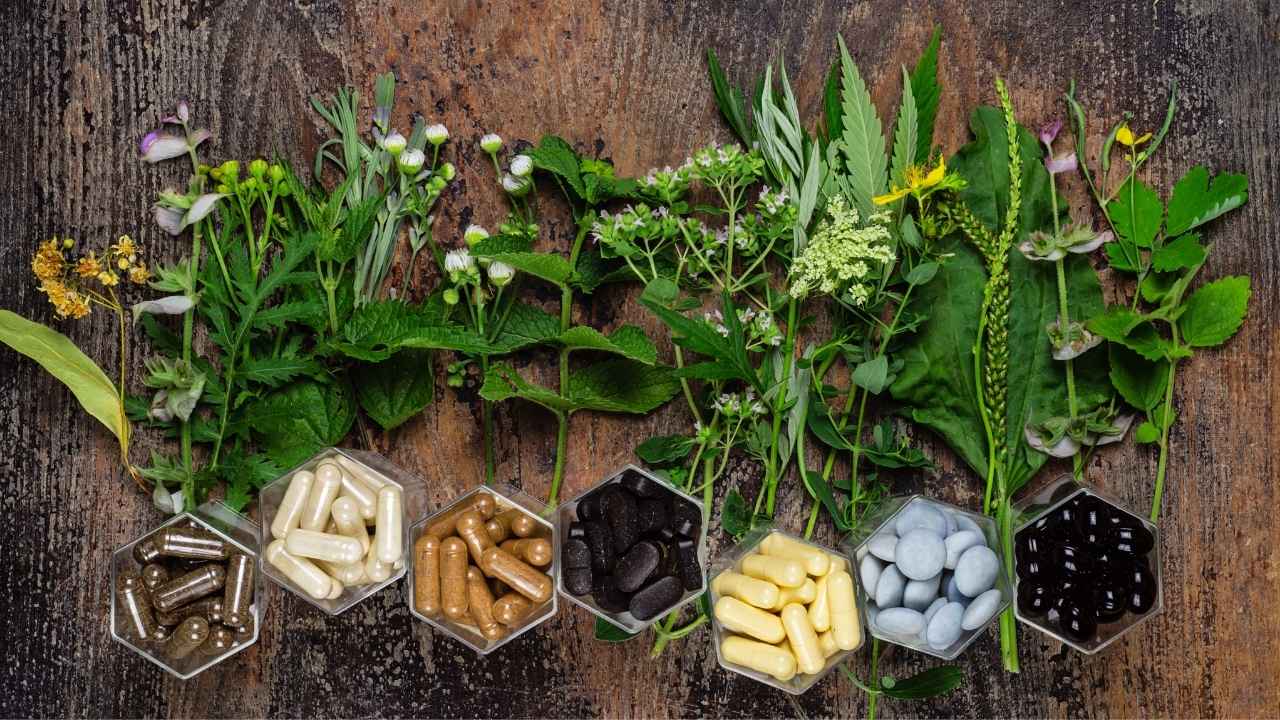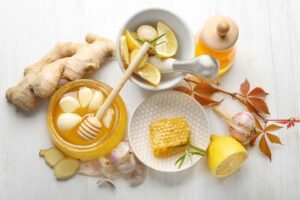The management of diabetes entails a holistic approach that integrates medication, lifestyle changes and natural therapies. One of the most recent areas of concentration is the traditional usage of herbs in managing diabetes, which can be beneficial in keeping blood sugar levels normal.

More people are shifting to these natural alternatives as complementary therapies to conventional therapies. In this blog, we will discuss some of the best herbal supplements for diabetes and how they can help you manage your diabetes effectively.
How Herbal Supplements Can Aid Diabetes Management
Herbal supplements won’t replace traditional diabetes treatments but can complement them.
Some plants and herbs contain substances that may reduce blood sugar levels, improve insulin sensitivity and generally enhance the way diabetes is managed. Although studies on these diabetic management supplements are still ongoing, many researchers have recorded positive results thus making them important in combating this ailment.
Effective Herbal Supplements for Blood Sugar Control
Fenugreek
Fenugreek seeds contain a great amount of soluble fiber which is significant in management of blood sugar levels since they slow down carbohydrate absorption. Studies show that fenugreek can improve insulin sensitivity; hence, it is highly recommended for individuals wanting to control sugar levels naturally.
Cinnamon
In addition to lowering fasting blood glucose levels, cinnamon also enhances insulin sensitivity hence it is one of the most commonly used herbal remedies for diabetes. The regular use of cinnamon has been shown to reduce post-meal high blood sugars.
Bitter Melon
Bitter melon has chemicals that imitate insulin thus reducing blood sugar levels. It has been found by researchers as capable of acting like insulin and aiding in the effective utilization of glucose within cells making it advantageous for diabetic patients.
Gymnema Sylvestre
Gymnema Sylvestre is a medicinal plant native to India and parts of Africa, commonly known for its use in traditional Ayurvedic medicine. Gymnema sylvestre is known for its ability to reduce sugar absorption in the intestines and enhance insulin function It also helps in weight management. This herb is often referred to as the “sugar destroyer,” as it can reduce sugar cravings while improving overall blood glucose levels.
Turmeric
The active compound in turmeric, curcumin, has anti-inflammatory properties and has been found to improve insulin function and lower blood sugar levels. Its wide range of health benefits makes turmeric a popular supplement for those with diabetes.
Aloe Vera
Aloe vera may help in lowering fasting blood sugar levels, as well as aiding in the overall management of diabetes. Consuming aloe vera regularly may improve insulin sensitivity and assist with better blood sugar control.
Ginseng
Ginseng, particularly American ginseng, is another natural blood sugar stabilizer that enhances insulin sensitivity. It has been shown to reduce post-meal blood glucose levels, making it a beneficial herb for diabetes management.
Here is an infographic on Top 10 Natural Herbs to Regulate Diabetes

How to Choose Quality Herbal Supplements
Steps to Selecting the Right Herbal Supplements:
Quality and Purity
All times confirm that high quality supplement selections come from respectable sources. Check for any certificate assurances about product purity like GMP (Good Manufacturing Practices) or seals on third-party testing.
Dosage and Form
The herbal supplements exist in a variety of ways such as powder form, capsule form or tea. The selection of the dosage and form is dependent on personal choice as well as the nature of the specific herb. The recommended dosage must be adhered to in order to avoid any adverse effects.
Consultation with Healthcare Providers
Get in touch with your physician before taking any natural blood sugar supplement. This way, you will have personalized advice after considering your current medications and overall health status avoiding complications or interactions between them.
Potential Side Effects and Interactions
Let’s understand Side Effects and Interactions.
Common Side Effects
Herbal supplements can cause side effects even though they are considered to be herbal products. For instance, fenugreek can lead to some tummy problems whereas liver damage may be caused by taking large amounts of cinnamon. It is therefore important that you begin with a small dose assessing how your body reacts to it first.
Drug Interactions
Herbal additives in the diet may interfere with prescription diabetes medications. Concurrent use of bitter melons or ginsenosides along with insulin or metformin may cause excessive reduction in sugar levels within, Henceforth increasing chances of hypoglycemia risks.
Therefore, contact your physician before trying out any natural remedies which are meant for lowering blood glucose concentrations to avoid such issues.
Incorporating Herbal Supplements into Your Diabetes Management Plan
Integrating herbal supplements into your routine can bring tremendous changes to your life.
Traditional Medicine Companions
Herbal supplements have proven useful as complements to conventional diabetes treatments. Nevertheless, you should never replace prescribed medications without consulting your doctor first. These herbs work better when integrated with a healthy diet, exercise program, and medications for managing blood sugar levels
Glucose Monitoring
While using herbal supplements closely monitor blood glucose levels. Therefore, it is important to keep an eye on how the herbal supplements impact your sugar levels so that adjustments can be made if necessary.
Setting Realistic Goals
Herbal medicines should not replace medical treatment but they require time for improvement and they will work well in the long term management of diabetes.
Conclusion
Using herbal supplements helps control blood glucose tissues when incorporated into comprehensive diabetic care plans. Although the use of medicines made from cinnamon fenugreek or bitter gourd is promising, always talk to your physician before starting any new regimen. With the right approach, these supplements can complement your diabetes management strategy, providing a holistic path to better health.













